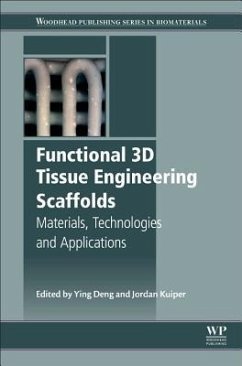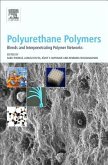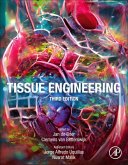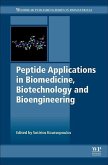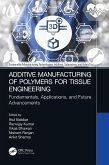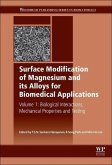In order to grow replacement tissues, 3D scaffolds are widely used as a template for tissue engineering and regeneration. These scaffolds, which are typically 'seeded' with cells, support the growth of new tissues. However, in order to achieve successful tissue growth, the scaffold must meet specific requirements and are often 'functionalized' to accentuate particular properties. Functional 3D tissue engineering scaffolds: materials, technologies, and applications, is a comprehensive review of functional 3D scaffolds, providing information on the fundamentals, technologies, and applications.
Part 1 focuses on the fundamentals of 3D tissue scaffolds, examining information on materials, properties, and trends. Part 2 discusses a wide range of conventional technologies for engineering functional 3D scaffolds, leading the way to a discussion on CAD and advanced technologies for functional 3D scaffold engineering. Chapters in part 3 study methods for functionalizing scaffolds to support a variety of in vivo functions whilst the final set of chapters provides an important review of the most significant applications of functional 3D scaffolds within tissue engineering.
This book is a valuable resource for biomaterial scientists and biomedical engineers in academia and industry, with interests in tissue engineering and regenerative medicine.
Hinweis: Dieser Artikel kann nur an eine deutsche Lieferadresse ausgeliefert werden.
Part 1 focuses on the fundamentals of 3D tissue scaffolds, examining information on materials, properties, and trends. Part 2 discusses a wide range of conventional technologies for engineering functional 3D scaffolds, leading the way to a discussion on CAD and advanced technologies for functional 3D scaffold engineering. Chapters in part 3 study methods for functionalizing scaffolds to support a variety of in vivo functions whilst the final set of chapters provides an important review of the most significant applications of functional 3D scaffolds within tissue engineering.
This book is a valuable resource for biomaterial scientists and biomedical engineers in academia and industry, with interests in tissue engineering and regenerative medicine.
Hinweis: Dieser Artikel kann nur an eine deutsche Lieferadresse ausgeliefert werden.

